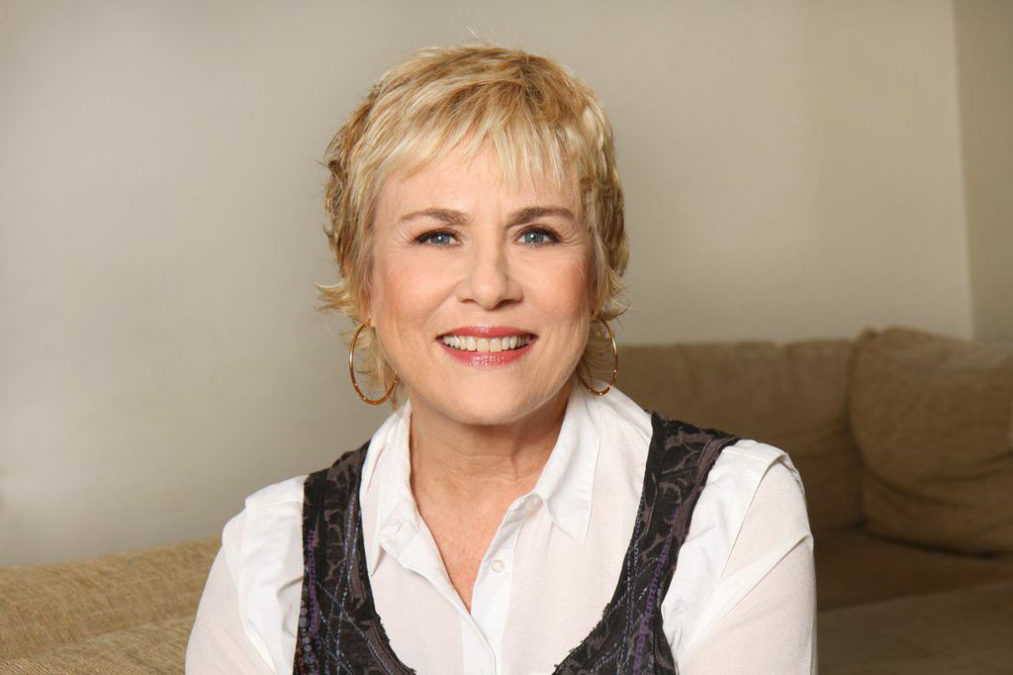MY WEEKLY BLOG
HERE COMES THE JUDGE
Some years ago, I was hiking in Ojai, California, when I came upon a crashing waterfall. It pounded against a scattering of boulders that had been polished over time into smooth surfaces. Bright green moss grew between the rocks and long arced branches of white oak trees shaded the area. I gazed at the flowing water as my mind and body became still and quiet . . . until I stepped forward and my feet sunk into a muddy patch of earth. I stepped back quickly. My feet were drenched up to my socks in mud and I brushed my shoes against a rock, trying to get the clumps of dirt off. How would I continue the rest of the hike like this? Why hadn’t I brought a towel with me? That was stupid. I wished I hadn’t stopped to look at the waterfall, it felt like a bad omen, when I had a vision – a judge in long black robes, sitting at his bench with a gavel in his hand.
He banged the gavel on his desk over and over and said, “That’s
bad. That’s good.” He was passing judgment on everything I was thinking. My mind replayed scenes from my life while the judge kept judging. “That’s bad. That’s good.” It made my head hurt. I felt anxious and I sat down on a large flat rock, stuck in a state of mental judgment. A bad place to be. Author Anne Lamott wrote, “My mind is a neighborhood I try not to go into alone.”
Judging never ends well and I knew what I had to do. I addressed the judge out loud, grateful that no one else was there. They would
have thought I was nuts. “Thank you,” I said respectfully. “I know you think it’s your job to decide if something is right or wrong, but I really don’t need you. Why don’t you go to your chambers, have a brandy, and I’ll call you if I need your help.” He looked crestfallen but he stood obediently, walked out the door of the courtroom and he was gone. So was my anxiety. I sat for a while, enjoying the beauty and the inner peace until I started thinking about an argument I’d had with a friend. Was she right and was I wrong? Or was it the other way around? The courtroom door in my mind flew open and the judge came rushing in. “How about now?” he said. He was on purpose as he stepped behind his desk and grabbed his gavel, but I caught him before he swung it. “Not now,” I said. “I still don’t need you.” He left again.
We all judge, even if we say we don’t, but I don’t think it’s
human nature. In my opinion, judging is a learned behavior that hurts and makes us feel small and wrong. However we were judged in our lives, we carry on the tradition by directing it inward, continuing the cycle, and the robed archetype with the gavel takes over and turns us against ourselves. But we can use our missteps
and regretful behavior to grow and learn about what works in our lives and what doesn’t. What makes us feel peaceful and what doesn’t. If we can investigate our choices and our disappointments without blame, shame and judgmental thoughts, we can be in the moment without hurting. When we stop judging, we become more transparent and mindful. More kind and compassionate.
We have the same choices in how we view other people. When
we judge them for what they say or do or how they live, we are really judging ourselves. It’s always about us. Not anyone else. Spiritual guide, Pema Chodron, says that when we judge other people, we are trying to justify our own behavior. We are trying to prove ourselves right when there is no right or wrong. There is only what is happening now. If we could develop a curiosity about how we function and how we think, we might find a sense of humor about it. We can punish ourselves endlessly for everything we do and feel anxious and fearful or we can forgive instead, and find some peace and understanding in what feels like an upside down world.


Recent Comments